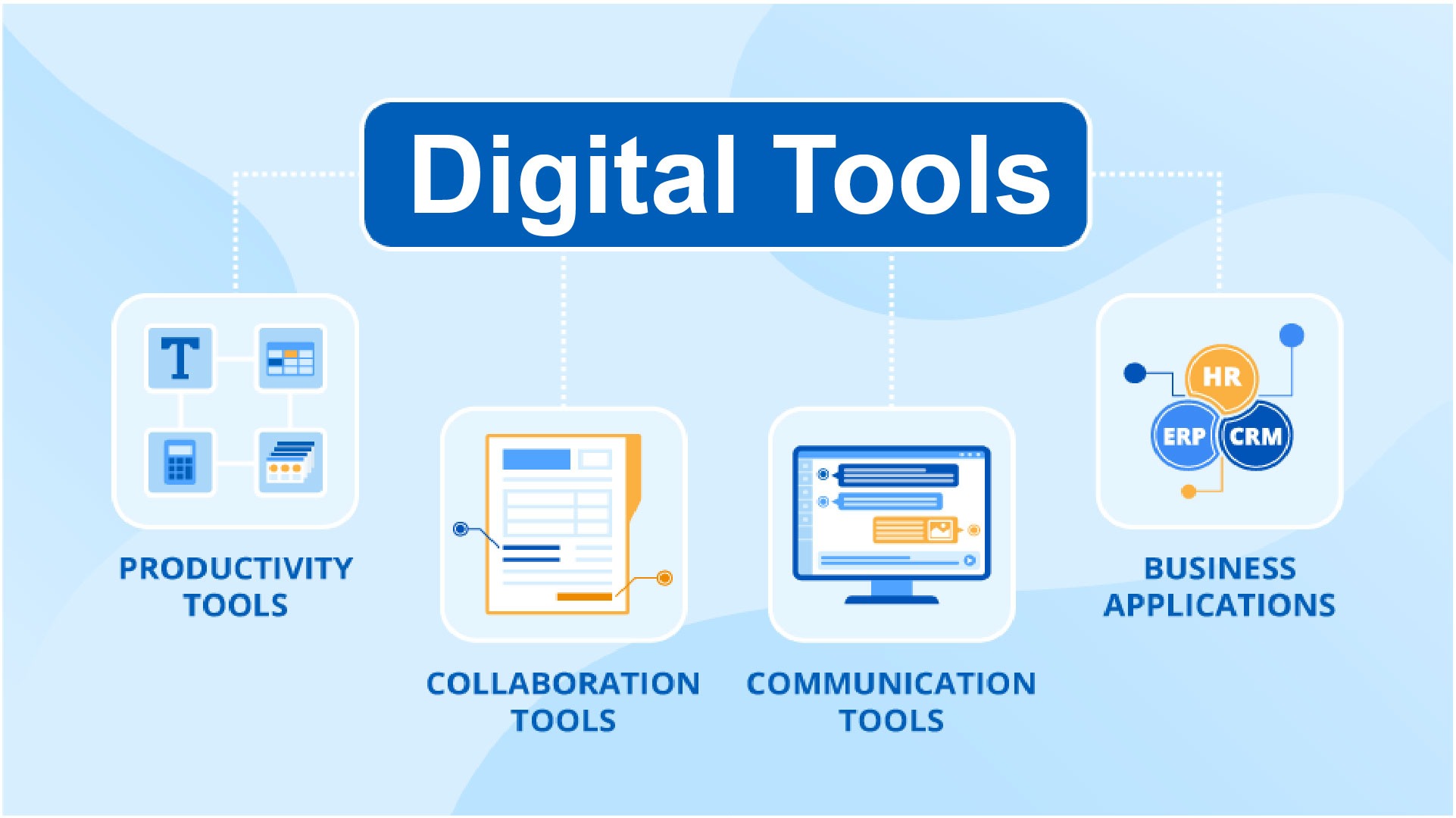There’s no doubt that digital tools have transformed the way we work. But are they making us more productive, or are they just creating new ways for us to procrastinate? Let’s take a closer look at the pros and cons of digitization in the workplace.
Introduce the debate between those who think digital tools make us more productive and those who think they make us less productive
The debate between those who think digital tools make us more productive and those who argue that they make us less productive has been ongoing for some time now. On one side, there’s the argument that having access to technology and being able to communicate on a global scale allows us to do more with our time, maximizing efficiency and getting projects done faster. But then you have those who argue that unlimited access to information through digital tools can lead to distractions and keep us from focusing on the relevant tasks at hand. Ultimately, it depends entirely on how people are using the tools themselves – if managed responsibly, digital tools can be a huge boon; if used recklessly, they can definitely be a hindrance.
The pros and cons
Dealing with digital tools at work can be both beneficial and detrimental to productivity. On one hand, digitizing certain processes like data entry, electronic document filing, or online presentations has certainly made things easier for office workers. It’s very convenient to have everything organized in a centralized system that everyone can access, so tasks can be done quickly and efficiently through the right devices. However, it also means increased safety concerns when handling confidential information and risks of data breaches if not used responsibly. Not to mention having too many digital assets on different platforms might slow down the actual workflow instead of making it faster – especially if you’re someone who’s still trying to figure out how to use all those tools properly. At the end of the day, it’s up to the individual to decide how to use digital tools most productively. Some people may find that they’re able to work better with digital devices, while others might realize that they need more traditional methods in order to stay productive. Whatever method you choose, make sure you have a plan and are continuing to offer your own opinion on the matter, based on your personal experience
My opinion
In my opinion, it’s important to take personal experience seriously. I’ve had many experiences that have shaped who I am today and how I’ve grown as a person. I highly value the lessons learned through trial and error, even if it didn’t feel particularly pleasant at the time. It can often be painful, but it’s worth taking on the challenges because, in the end, they make us stronger and wiser. No one else has been through exactly what we have, so no one else has access to our own unique learning from our mistakes. They make us better able to respond to future situations more thoughtfully and efficiently; mistakes are part of life and part of what makes us our individual selves!
Your thoughts…
It’s clear that there are pros and cons to using digital tools at work. For me, the benefits outweigh the drawbacks – I’m more productive when I have access to my email, calendar, and instant messaging apps. But it’s important to find what works for you – some people may feel overloaded by constant notifications and prefer a more low-tech approach. What do you think? Do digital tools make you more productive or less productive at work? Let us know in the comments!







